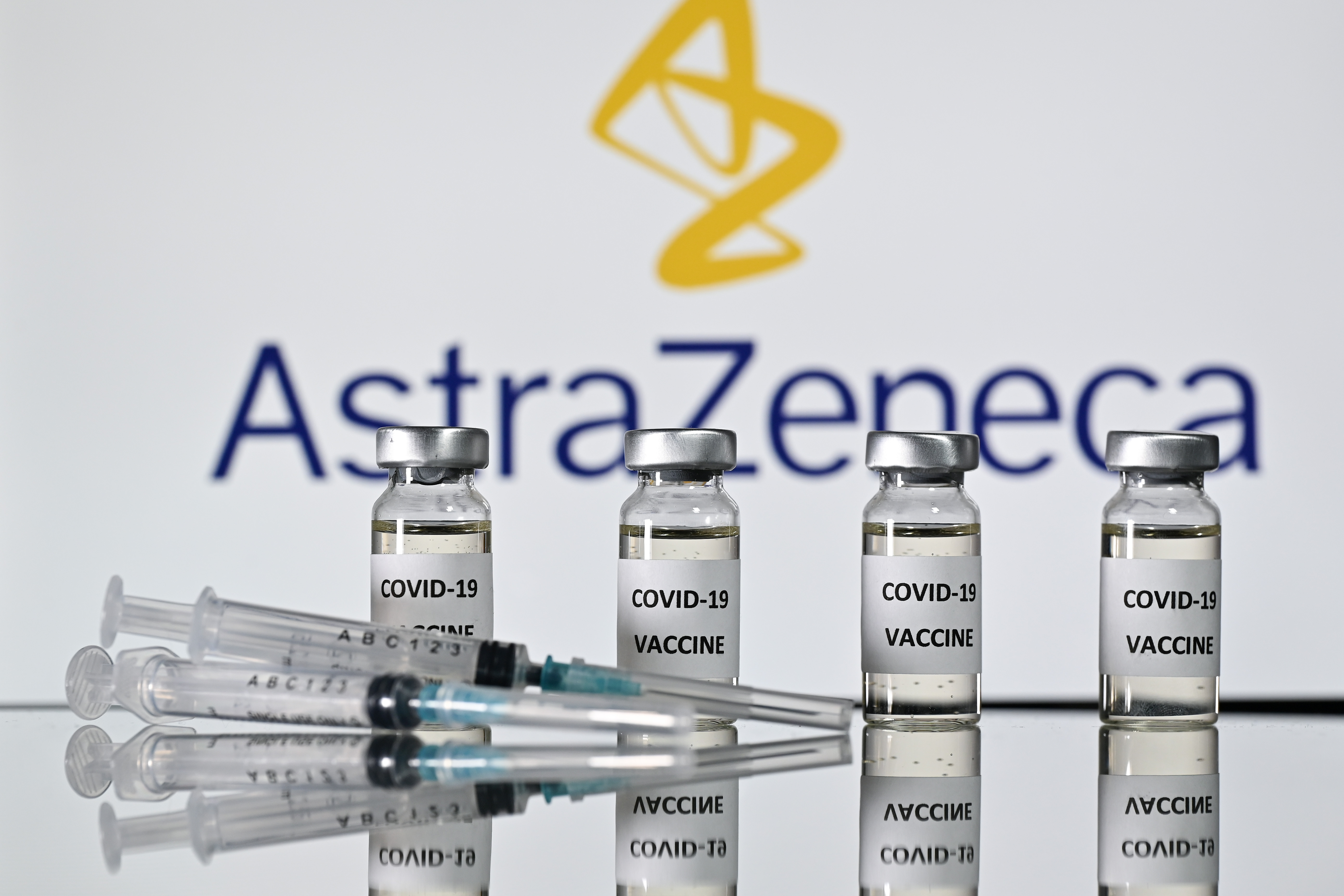The daily business briefing: November 23, 2020
Oxford-AstraZeneca COVID-19 vaccine proves up to 90 percent effective, rights experts call Ghosn's detention "arbitrary," and more


A free daily email with the biggest news stories of the day – and the best features from TheWeek.com
You are now subscribed
Your newsletter sign-up was successful
1. Oxford-AstraZeneca COVID-19 vaccine up to 90 percent effective
Oxford University and drugmaker AstraZeneca announced Monday that their COVID-19 vaccine candidate was at least 70 percent effective in its Phase Three trial of 20,000 volunteers in Britain and Brazil. And Oxford Vaccine Group director Andrew Pollard told BBC Radio 4 Today that the vaccine appeared to be 90 percent effective when people were given a half-dose of the vaccine followed by a full dose. Britain has ordered 100 million doses of the Oxford vaccine, and if U.K. regulators approve it for emergency use, the country is ready to roll out an aggressive immunization program. Rival vaccines from Pfizer and Moderna proved to be 95 percent effective, but 70 percent effectiveness would be really good for a vaccine. The Oxford vaccine also requires only refrigeration, not freezing or subfreezing temperatures like the other vaccines.
2. Rights experts say Japan was wrong to detain Ghosn
A panel of human rights experts said in an opinion published Monday that Japan wrongly detained former Renault-Nissan boss Carlos Ghosn. The Working Group on Arbitrary Detention, which is working with the United Nations, urged the Japanese government to provide "compensation" and "other reparations" to Ghosn, who fled home detention and flew to Lebanon while awaiting trial on charges of breach of trust and misusing company assets for personal gain. The four-member group found that Ghosn's arrest two years ago was "arbitrary," and it called on the Japanese government to "take the necessary steps to remedy the situation of Mr. Ghosn without delay." Ghosn denies that he did anything wrong.
The Week
Escape your echo chamber. Get the facts behind the news, plus analysis from multiple perspectives.

Sign up for The Week's Free Newsletters
From our morning news briefing to a weekly Good News Newsletter, get the best of The Week delivered directly to your inbox.
From our morning news briefing to a weekly Good News Newsletter, get the best of The Week delivered directly to your inbox.
3. Vaccinations to start immediately after emergency-use approval
The first Americans could receive a COVID-19 vaccine 24 hours after the Food and Drug Administration grants emergency-use approval, Dr. Moncef Slaoui, the chief scientific adviser for the government's "Operation Warp Speed" vaccine program, told NBC's Meet the Press on Sunday. The first shots, expected in mid-December, would launch what is expected to be the largest vaccination effort in U.S. history. "Within 24 hours from the approval, the vaccine will be moving and located in the areas where each state will have told us where they want the vaccine doses," Slaoui said. FDA outside advisers will meet on Dec. 10 to approve the vaccine candidate developed by Pfizer and its German partner, BioNTech. Each state will decide who will receive the first doses, with health-care workers, front-line workers, and the elderly recommended to get priority.
4. Stock futures rise after latest vaccine news
U.S. stock index futures advanced early Monday after fresh good news on the coronavirus vaccine front fueled hopes of an economic rebound in 2021. Futures for the Dow Jones Industrial Average were up 0.7 percent several hours before the opening bell. Futures for the S&P 500 and the Nasdaq gained 0.6 percent and 0.3 percent, respectively. The gains came after AstraZeneca and Oxford University announced that final phase-three trial results indicated that their coronavirus vaccine candidate was up to 90 percent effective. The news offset concerns of near-term economic damage from a still-mounting fall wave of coronavirus cases that has prompted new restrictions on businesses and gatherings across the country.
A free daily email with the biggest news stories of the day – and the best features from TheWeek.com
5. Nevada imposes tighter restrictions on casinos, restaurants
Nevada Gov. Steve Sisolak announced new restrictions on gatherings in Las Vegas casinos and other venues on Sunday to combat rising coronavirus infections and hospitalizations. The order cuts occupancy limits in casinos, restaurants, and bars from 50 percent to 25 percent of capacity. Public-gathering restrictions were tightened from a maximum of 250 people to 50 people starting Tuesday. The measures were scheduled to last at least three weeks. Sisolak said the moves were necessary because recent spreading of the virus, including a recent one-day state record of 2,416 new cases, threatened to overwhelm Nevada's health-care system.
Harold Maass is a contributing editor at The Week. He has been writing for The Week since the 2001 debut of the U.S. print edition and served as editor of TheWeek.com when it launched in 2008. Harold started his career as a newspaper reporter in South Florida and Haiti. He has previously worked for a variety of news outlets, including The Miami Herald, ABC News and Fox News, and for several years wrote a daily roundup of financial news for The Week and Yahoo Finance.
